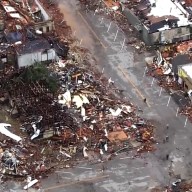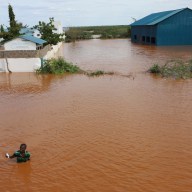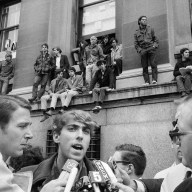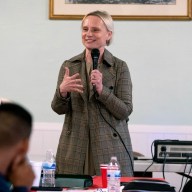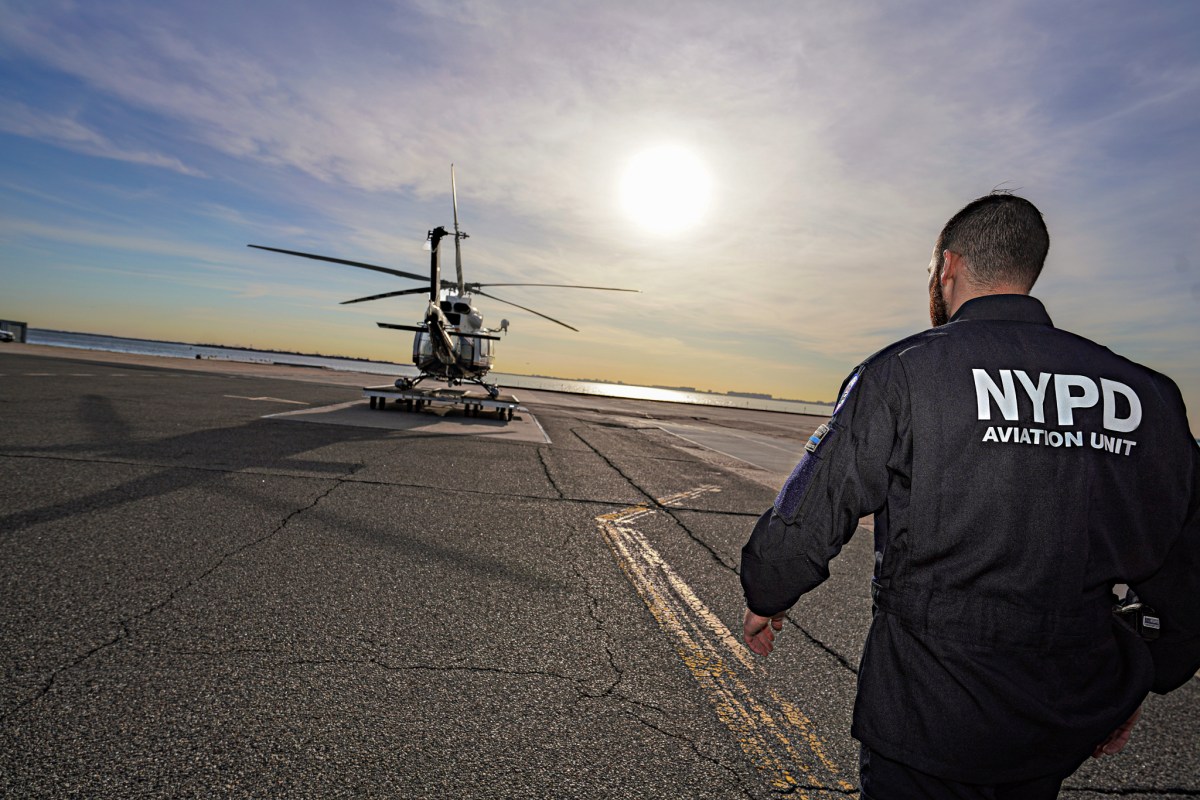Ranger training prepares a soldier for combat, and possibly a role in a zombie thriller like “Range 15”, but definitely not a civilian career. That’s what Bob Hanvy discovered after 23 years as an infantryman who, returning from four tours of duty in Afghanistan and Iraq and found himself with three grown children and no profession.
But Hanvy was quick to discover a perfect place for himself in the workforce: in the solar industry — one of the fastest growing job sectors in the country. American vets are now marching out of service and into training programs to become solar photovoltaic system installers, supervisors and salespeople in the cutting edge field.
In fact, about 1 in 10 workers in the solar industry, which has grown 178 percent since 2010, are vets. That’s approximately 17,000 vets working in the industry right now.
Since 2014, the Solar Foundation’s Solar Ready Vets program, administered by the Department of Energy and Department of Defense, has expanded into a nationwide operation. The six-week class scoops up vets just as they are exiting the service, and takes place at participating military bases and community colleges in ten states.
The program and its partners steer graduating vets into their new roles at solar companies large and small. Other resources have sprung from the phenomenon too, such as the solar job census (solarstates.org) and the Solar Careers Portal (SolarTrainingUSA.org) which is an extensive network for job searchers.
Hanvy, 46, graduated from the Solar Ready Vets program at Fort Drum, NY earlier this year and is already hurdling through constructions of solar fields and farms in New York and beyond.
“It feels like you’re doing a service,” he said, adding that a military mentality is ideal for the teamwork required of a crew for dangerous and technical tasks.
“I can see people’s eyes light up when I say here’s an opportunity to continue your mission for your country,” said Solar Ready Vets program director Tenley Dalstrom.
There are private companies recruiting vets too, such as Strata Solar.
“Vets have the transferable skill sets that enhance the capabilities of a company like ours to execute on various levels,” Strata Solar recruiter Greg Mora told Metro. “They have the organization, discipline, and the ability to work under virtually any type of stress.”
Attitudes about energy formed from experiences while deployed overseas also contribute to veterans’ motivation to work in the solar industry.
Dimitry Chuma, 32, a former Marine from the Bronx, told Metro that what he witnessed while developing infrastructure in Iraq made him realize that clean energy needs to be adopted around the world.
“We burned diesel fuel every day. I saw the waste and the mess it was making and how a country was being set up to pollute. You think it doesn’t matter and then it hits you—the world is one environment.”
As for the fate of this government-sponsored solar program in light of the Donald Trump administration’s mission to boost the coal and fossil fuel industries in the US, Dalstrom does not seem concerned.
“Solar creates domestic jobs that cannot be exported,” she said. “It resonates on both sides of the aisle.”






